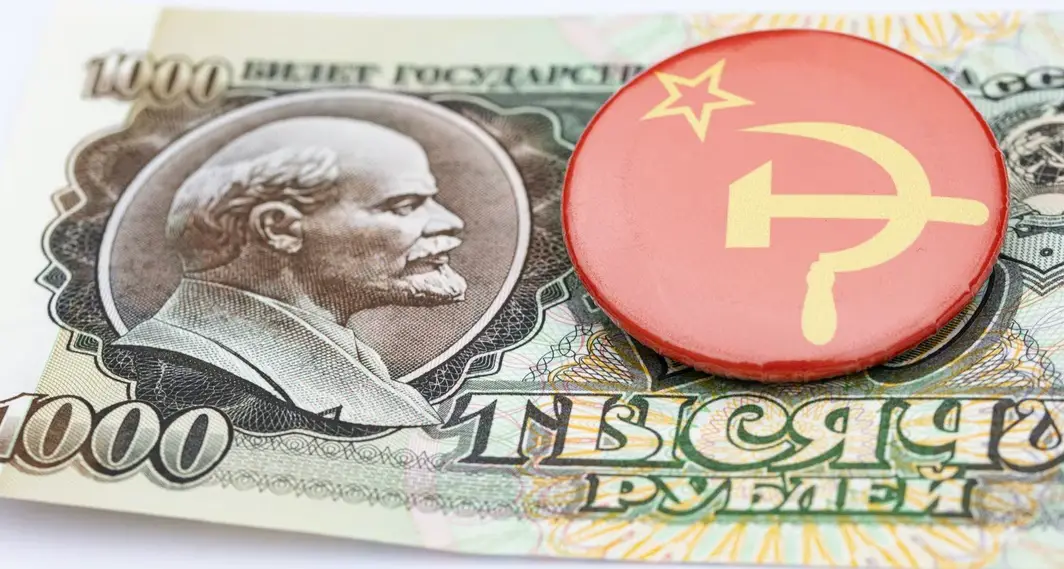On Monday, Russian President Vladimir Putin signed a bill which officially introduces the digital ruble to the Russian economy. The document, which was published on the official government portal of Russia, specified that the electronic currency will go into effect on the 1st of August,
The new digital currency will be issued alongside both, the cash and non-cash traditional traditional ruble. The new digital ruble will be maintained in digital wallets that are operated by the Russian central bank, and will be able to be used to make transfers and payments. However the new digital currency will not be able to be used to open a deposit, take out a loan, or receive interest on holdings.
President Putin also introduced the ability to bequeath and inherit the new digital ruble through amendments to the Civil Code.
In late 2020, the Bank of Russia first introduced the idea of a national digital currency. Unlike virtual cryptocurrencies like Bitcoin, the new digital ruble is designed to have minimal risks associated with its usage, given it will backed by traditional rubles, and will be issued by the same monetary regulator as the traditional ruble.
Some analysts have speculated that as Russia is enduring the weight of Western sanctions on its economy, the digital ruble may have utility in circumnavigating the financial restrictions being imposed upon the country by the West, by smoothly facilitating financial transactions across borders.
The project had initially been envisioned by the Bank of Russia as a way for the government to control how the government spends money on social projects, and as a means of bypassing sanctions levied against the nation by hostile foreign powers.


